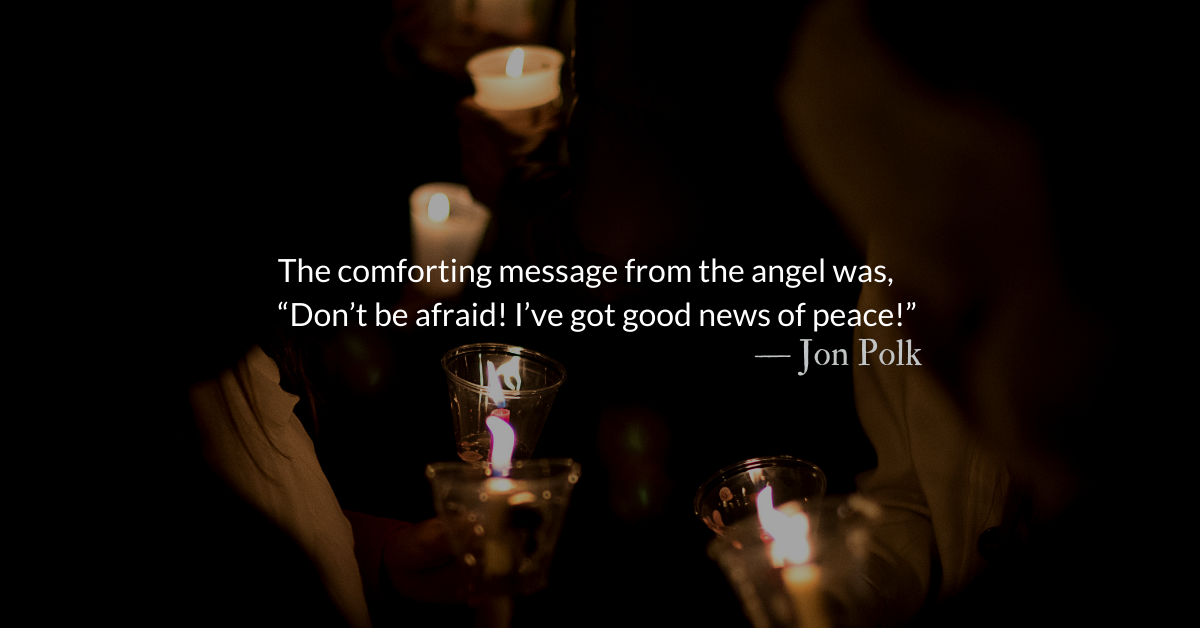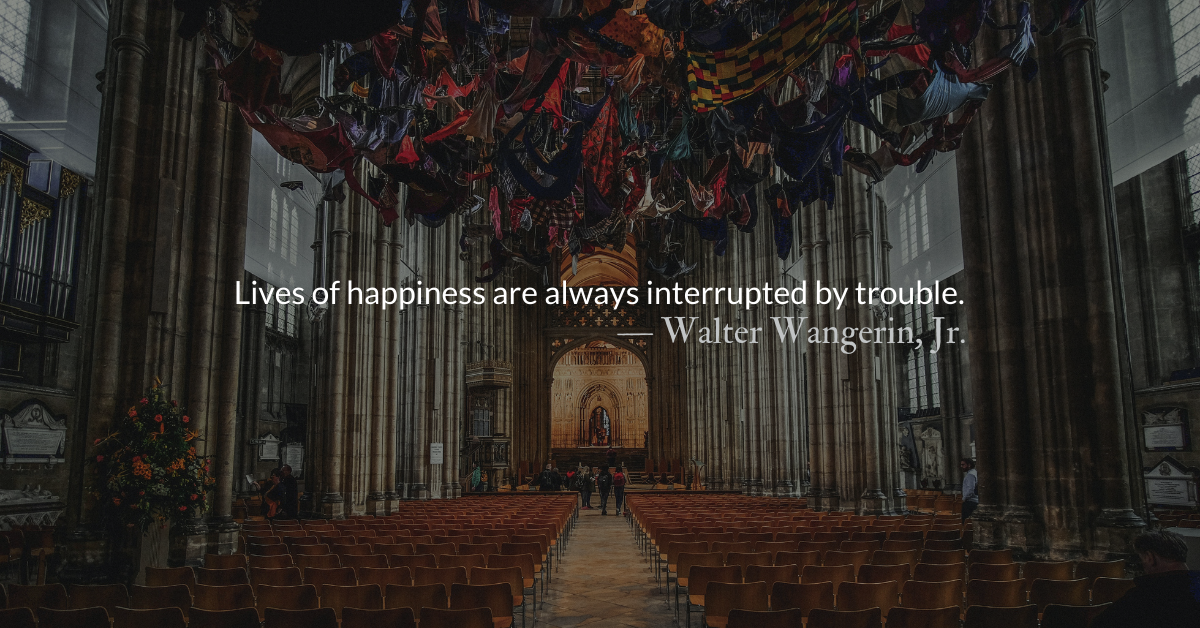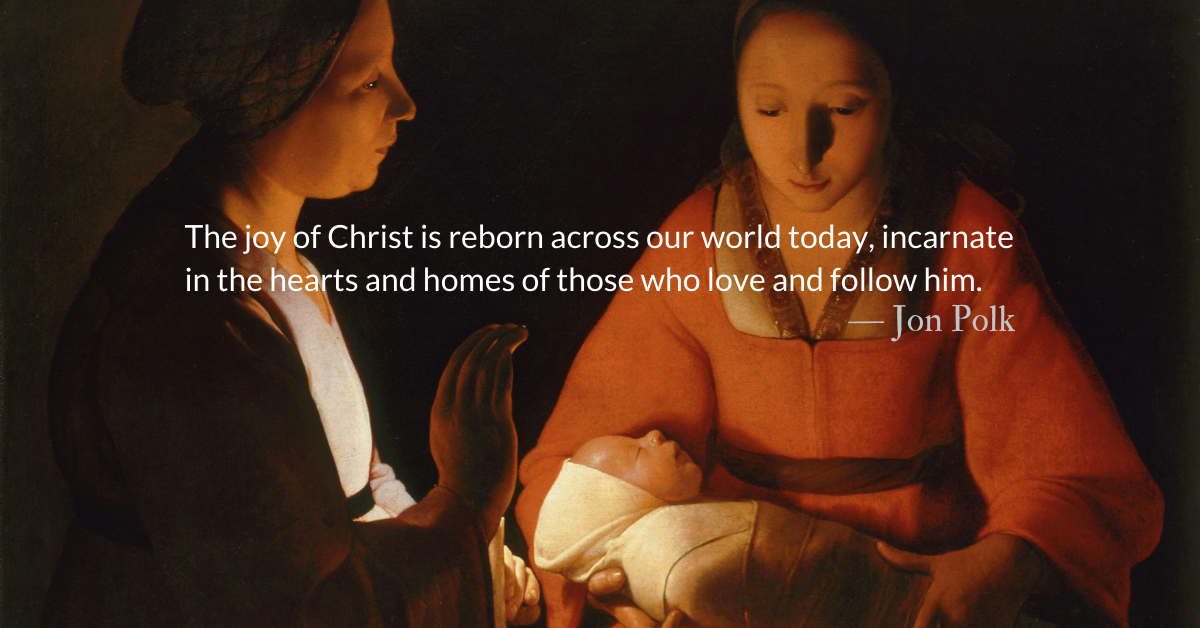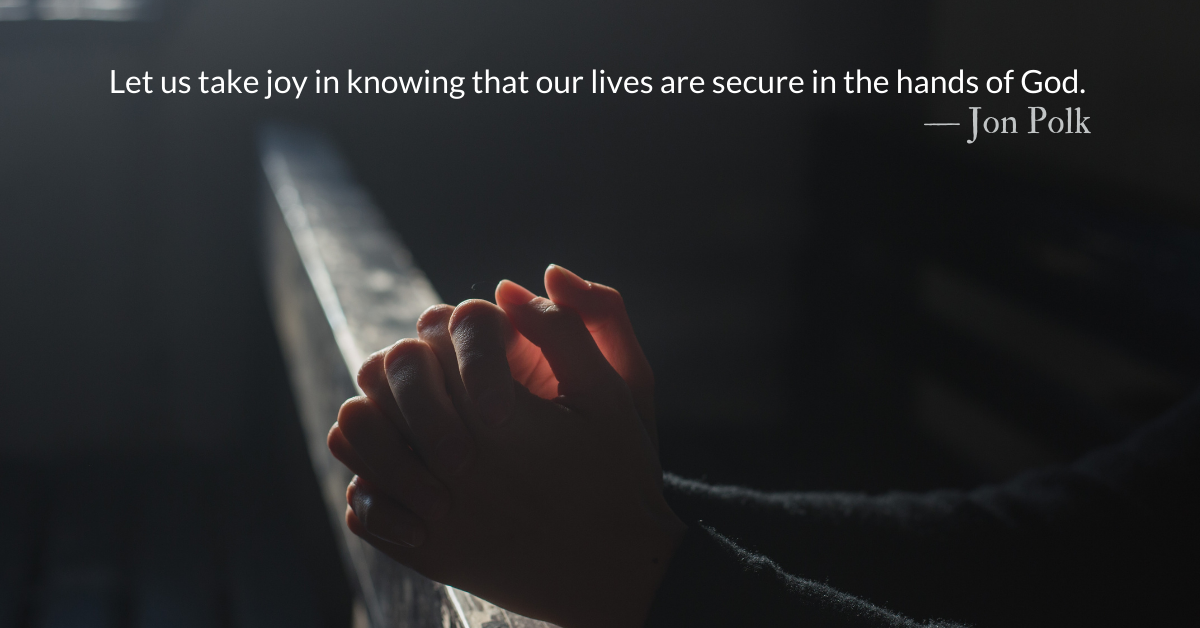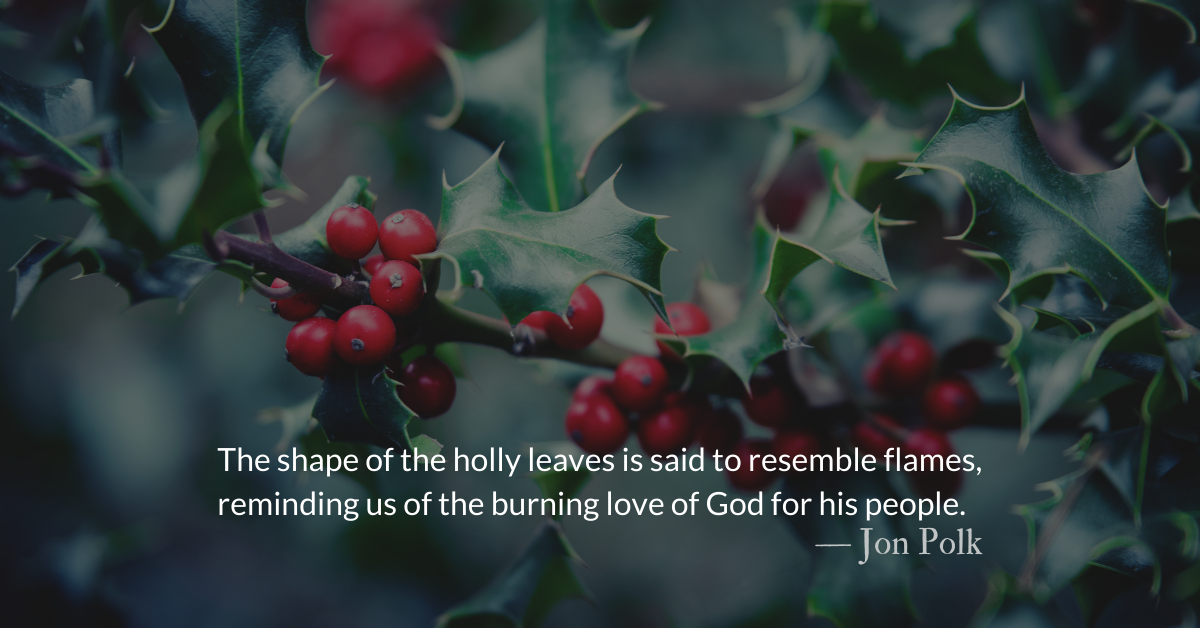Scripture Focus: John 12.14-15
14 Jesus found a young donkey and sat on it, as it is written:
15 “Do not be afraid, Daughter Zion;
see, your king is coming,
seated on a donkey’s colt.”
Zechariah 9.9
9 Rejoice greatly, Daughter Zion!
Shout, Daughter Jerusalem!
See, your king comes to you,
righteous and victorious,
lowly and riding on a donkey,
on a colt, the foal of a donkey.
Luke 2.10-12
10 But the angel said to them, “Do not be afraid. I bring you good news that will cause great joy for all the people. 11 Today in the town of David a Savior has been born to you; he is the Messiah, the Lord. 12 This will be a sign to you: You will find a baby wrapped in cloths and lying in a manger.”
Reflection: God Rest Ye Merry, Gentlemen — Carols of Advent Peace
By Jon Polk
“The owner of one scant young nose, gnawed and mumbled by the hungry cold as bones are gnawed by dogs, stooped down at Scrooge’s keyhole to regale him with a Christmas carol: but at the first sound of
‘God bless you, merry gentleman!
May nothing you dismay!’Scrooge seized the ruler with such energy of action, that the singer fled in terror, leaving the keyhole to the fog and even more congenial frost.”
“God Rest Ye Merry, Gentlemen” is among the oldest existing Christmas carols, dating back to the 16th century. It is so iconic that Charles Dickens used it in his classic tale from 1843, A Christmas Carol, as the carol sung by a young caroler attempting to bring joy to the hardened Ebenezer Scrooge.
Changes in language and word usage over time have led to an unfortunate misinterpretation of the opening line and confusion over punctuation. Even Dickens, in his quotation of the lyric, got it wrong.
Contrary to common perception, the song is not an instruction to relax, directed to a group of cheerful men.
In old English, the word rest means “to keep, remain.” The adjective merry had a broader meaning which included “prosperity” and “peace” in addition to “joy.” The comma should properly be placed between merry and gentlemen.
“God rest ye merry” could more accurately be phrased as, “May God grant you peace and joy.”
A great contrast is depicted in Dickens’ scene: the young caroler braving the blistering winter cold to spread tidings of comfort and joy and the elder Scrooge, safe and warm inside, yet with a cold, hard heart, devoid of peace and joy.
The antidote to Scrooge’s downcast spirit would have been found in a later verse, had he let the poor young singer continue.
“Fear not, then,” said the angel,
“Let nothing you affright;
This day is born a Savior
Of a pure virgin bright,
To free all those who trust in him
From Satan’s power and might.”
The comforting message from the angel to the shepherds was, “Don’t be afraid! I’ve got good news of peace and joy!” (Luke 2:10).
Scrooge was visited, not by angels, but by spirits, and his heart began to soften. When later questioned by the Ghost of Christmas Past, Scrooge remembered his error, “There was a boy singing a Christmas Carol at my door last night. I should like to have given him something: that’s all.”
Let us, like Scrooge, allow our hearts to soften as we set aside our fears this Christmas. Let us actively embrace God’s peace promised to us by the angel on that first Christmas morn.
God rest ye merry, gentle reader, and fear not, for the Prince of Peace has been born.
Listen: God Rest Ye Merry, Gentlemen by Jars of Clay
Read: Lyrics from Hymnary.org
Bonus Read: A Christmas Carol by Charles Dickens
From John: Just interjecting here to say that as a writer, I was thrilled and nerding out a bit that part of Jon’s analysis of this carol involved understanding the change in meaning that can be made by the placement of a comma. I’ve been so thankful for Jon’s careful and excellent work on these pieces. Readers, God rest ye merry!
Divine Hours Prayer: The Request for Presence
May God be merciful to us and bless us, show us the light of his countenance and come to us.
Let your ways be known upon earth, your saving health among all nations. — Psalm 67.1-2
– Divine Hours prayers from The Divine Hours: Prayers for Autumn and Wintertime by Phyllis Tickle
Today’s Readings
Zechariah 9 (Listen – 3:01)
John 12 (Listen – 6:26)
Read more about End of Year Giving and Supporting our work
Many of you have already responded this past week with end-of-year donations and we are so thankful! No donation is too large or too small.
Read more about Transcendent Peace and Rest
We can experience God’s peace in every day and any moment. Hebrews tells us that “we who have believed enter that rest.”

